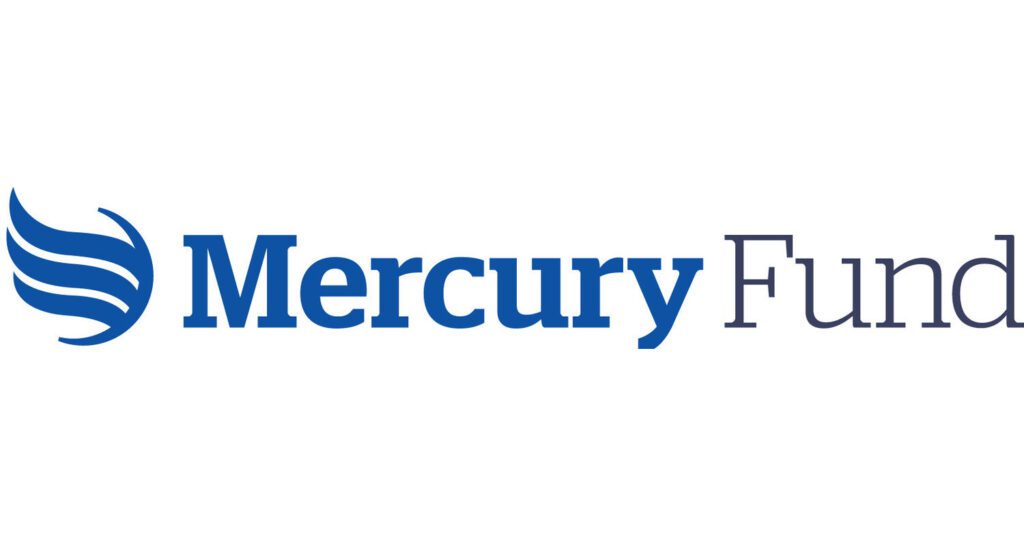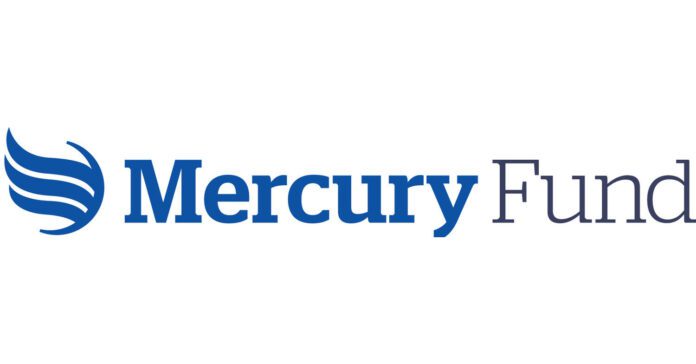Introduction
Mercury Fund, an early-stage venture firm based in Houston, has successfully closed its fifth fund, securing $160 million in capital commitments. This fund marks Mercury Fund’s largest to date, reflecting its impressive track record of fostering innovation and creating substantial enterprise value in the technology sector. In this article, we will explore Mercury Fund’s journey, its unique investment model, and its focus on driving SaaS and data platform opportunities in regions often overlooked by coastal tech hubs.



The Evolution of Mercury Fund
Founded in 2020 by CEO Varun Gandhi and CTO Abhishek Sharma, Mercury Fund has experienced significant growth and transformation since its inception. Originally known as DFJ Mercury, the firm adopted the name Mercury Fund in 2013 as part of Draper Fisher Jurvetson’s restructuring efforts. Over the past decade, Mercury Fund has played a pivotal role in generating more than $9 billion in enterprise value across its portfolio, which includes over 50 companies.
The Successful Fifth Fund
Mercury Fund’s fifth fund initially aimed to secure $150 million in capital commitments but ultimately exceeded that target. The fund received support from both existing investors and new limited partners, including university endowments, foundations, and family offices. Notably, many of these new investors are based in the central United States, aligning with Mercury Fund’s geographic focus on middle America.
A Strategic Approach to Fundraising
Mercury Fund typically raises capital every three to four years, allowing ample time for effective deployment of the funds. Blair Garrou, co-founder and managing director of Mercury Fund, highlighted that the fundraising process for the fifth fund was notably shorter due to the exceptional performance of the previous fund. Despite closing just before the onset of the COVID-19 pandemic, the prior fund thrived, supporting the growth of outstanding companies such as Cart.com, Otto, and Signal Advisors.
Mercury Fund’s Investment Focus
Mercury Fund’s investment focus revolves around identifying and supporting founders who are building transformative Software as a Service (SaaS) and data platform companies. The firm specializes in investing in smaller technology markets outside of the traditional coastal tech hubs like Silicon Valley and New York City. This approach is distinctive and sets Mercury Fund apart from many other venture capital firms, which often concentrate their investments in well-established tech ecosystems.
Here are some key aspects of Mercury Fund’s investment focus:
- Transformational SaaS and Data Platforms: Mercury Fund seeks out startups and companies that are developing innovative and disruptive SaaS solutions and data platforms. These platforms should have the potential to bring significant improvements and efficiencies to various industries and markets.
- Geographic Focus: Unlike many VC firms that primarily target companies in major tech cities, Mercury Fund concentrates on regions that are often overlooked by coastal investors. This approach allows the firm to tap into emerging tech ecosystems in middle America, where there is a growing pool of entrepreneurial talent and innovative ideas.
- Supporting Smaller Markets: Mercury Fund recognizes the potential for tech innovation in smaller markets that may not have the same level of resources and attention as their coastal counterparts. By providing capital and expertise to startups in these regions, the firm aims to catalyze growth and stimulate economic development.
- Operational Excellence: Mercury Fund doesn’t just provide capital to its portfolio companies. The firm takes an operationally-focused approach, offering hands-on support and resources to help these companies thrive. This includes mentorship, guidance, and connections to experts and networks that can accelerate growth.
Historical Focus vs. Current Trends
Over five years ago, Mercury Fund primarily concentrated on business-to-business (B2B) industrial SaaS, targeting industries like automotive, food and beverage, and energy. However, the landscape has evolved. Today, the emphasis has shifted to vertical SaaS and entrepreneurs who are reshaping consumer experiences. This shift is evident in Mercury Fund’s investments in companies like Otto and RepeatMD, both of which embrace a B2B2C (business-to-business-to-consumer) approach.
An Operational Approach to Investment
Mercury Fund has developed an operationally-focused investment model that provides portfolio companies with the resources needed to accelerate growth. This approach goes beyond providing capital; it offers hands-on support to help companies thrive in their respective markets.
Robust Performance Amid Challenges
Mercury Fund began raising its fifth fund in 2021 while actively deploying capital from its fourth fund. Despite challenges in the fundraising landscape in 2022, the firm’s robust performance, including over ten successful exits from its portfolio companies, resonated with limited partners (LPs). Some LPs even increased their initial investments during this period.
Middle America’s Appeal
As a “middle America” fund, Mercury Fund has encountered unique challenges in raising capital. However, the model’s distinctiveness and its commitment to operational excellence garnered significant attention during the COVID-19 pandemic. With the rise of remote work and the ability to hire talent from anywhere, Mercury Fund’s approach became even more relevant, demonstrating that innovative tech investments are not limited to coastal regions.
Investment Highlights from the Fifth Fund
Mercury Fund has already made seven investments from its fifth fund, with plans to complete between 18 and 20 investments overall. Some noteworthy investments include:
- Polco: A community engagement polling platform for local and state governments based in Wisconsin.
- MSPbots: A Chicago-based AI-driven process automation platform designed for small and mid-sized managed service providers.
- Brassica: A financial infrastructure technology company that develops enterprise solutions for alternative assets. Brassica operates in Houston and Cheyenne, Wyoming.
Future Prospects
Mercury Fund anticipates several more years of investments throughout the fifth fund’s cycle. The firm remains optimistic about the potential for a lucrative liquidity period in 2025, similar to the success experienced in 2021. Should such an opportunity arise, Mercury Fund is open to raising additional capital to further its mission of supporting innovative tech companies in middle America.
Conclusion
Mercury Fund’s successful fundraising for its fifth fund is a testament to its commitment to fostering innovation in middle America. With a track record of creating substantial enterprise value and a unique approach to investment, Mercury Fund is well-positioned to continue its mission of identifying and nurturing transformative SaaS and data platform opportunities. As the firm expands its portfolio and influence, it is poised to contribute significantly to the growth and development of tech ecosystems in underserved regions.
Also Read: Amazon’s Bedrock: Redefining Generative AI with Llama 2 Integration









